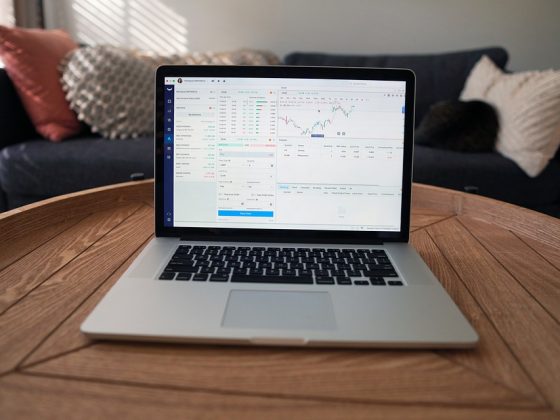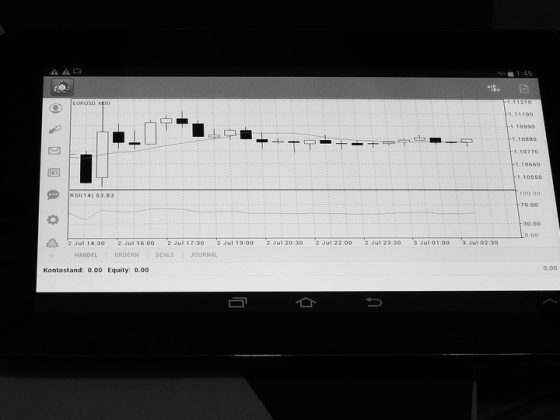Trading economics and stock markets are closely related and play a significant role in the global financial landscape. Understanding the relationship between these two entities is essential for investors, traders, and anyone with an interest in financial markets. This article will delve into the intricacies of how trading economics influences stock markets and provide insights into some frequently asked questions on the topic.
Trading economics refers to the study of the production, distribution, and consumption of goods and services in an economy. It involves analyzing data such as GDP growth, inflation rates, unemployment figures, and interest rates to understand the overall health of an economy. These economic indicators can have a significant impact on the stock market, as they provide insights into the performance and prospects of companies listed on stock exchanges.
One of the key ways in which trading economics affects stock markets is through market sentiment. Positive economic data, such as strong GDP growth or low unemployment rates, can boost investor confidence and lead to an increase in stock prices. On the other hand, negative economic indicators can cause investors to become wary and sell off their holdings, leading to a decline in stock prices.
Another way in which trading economics influences stock markets is through interest rates. Central banks use interest rates as a tool to control inflation and stimulate economic growth. When interest rates are low, borrowing becomes cheaper, leading to increased consumer spending and investment. This can drive up stock prices as companies benefit from higher revenues and profits. Conversely, when interest rates are high, borrowing becomes more expensive, which can dampen consumer spending and lead to a decrease in stock prices.
In addition to market sentiment and interest rates, trading economics also plays a role in shaping industry trends and stock market performances. For example, sectors such as technology and healthcare may benefit from advancements in innovation and research, while industries like retail and manufacturing may be more affected by fluctuations in consumer demand and production costs.
Understanding the relationship between trading economics and stock markets is crucial for investors looking to make informed decisions about their portfolio. By staying informed about key economic indicators and trends, investors can better assess the risks and opportunities in the market and adjust their investment strategies accordingly.
Frequently Asked Questions:
Q: How do economic indicators affect stock prices?
A: Economic indicators such as GDP growth, inflation rates, and unemployment figures can have a significant impact on stock prices. Positive economic data can boost investor confidence and lead to an increase in stock prices, while negative economic indicators can cause investors to become wary and sell off their holdings, leading to a decline in stock prices.
Q: Why are interest rates important for the stock market?
A: Interest rates play a crucial role in shaping the performance of the stock market. Changes in interest rates can affect consumer spending, borrowing costs, and investment decisions, which in turn can impact stock prices. When interest rates are low, borrowing becomes cheaper, leading to increased consumer spending and investment, which can drive up stock prices. Conversely, when interest rates are high, borrowing becomes more expensive, which can dampen consumer spending and lead to a decrease in stock prices.
Q: How can investors use trading economics to make better investment decisions?
A: By staying informed about key economic indicators and trends, investors can better assess the risks and opportunities in the market and adjust their investment strategies accordingly. For example, investors may choose to allocate their assets to sectors that are expected to benefit from positive economic data, or hedge their positions in sectors that are vulnerable to economic downturns. By understanding the relationship between trading economics and stock markets, investors can make more informed decisions about their portfolio and potentially improve their investment returns.
In conclusion, trading economics and stock markets are intricately linked, and understanding the relationship between the two is essential for anyone looking to navigate the financial markets. By staying informed about key economic indicators, market trends, and industry developments, investors can better assess the risks and opportunities in the market and make informed decisions about their investments. Whether you are a seasoned trader or a novice investor, a solid understanding of trading economics can help you make more informed decisions and potentially improve your investment outcomes.











